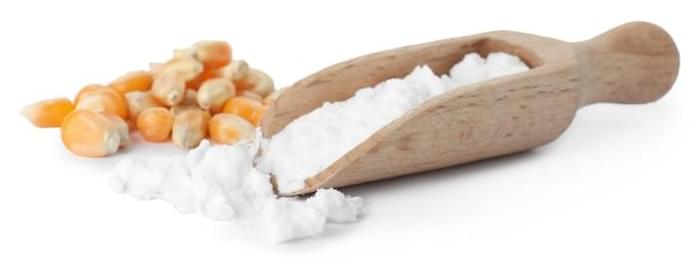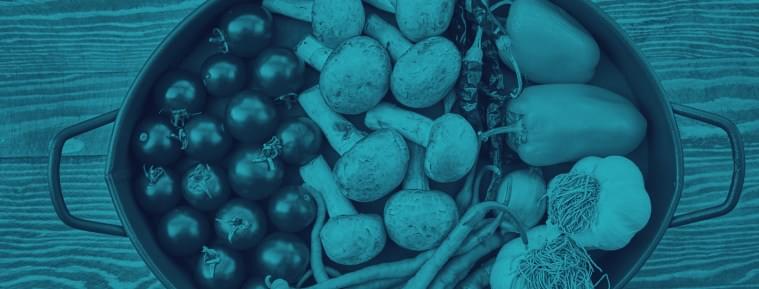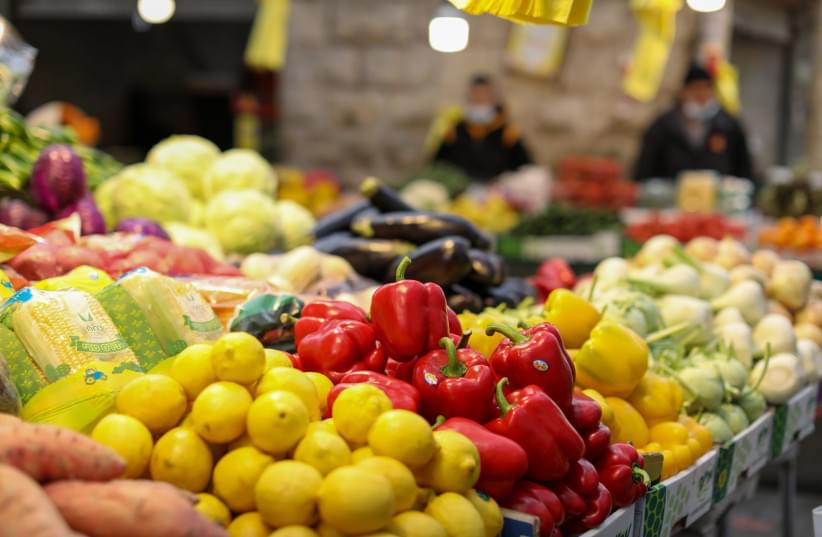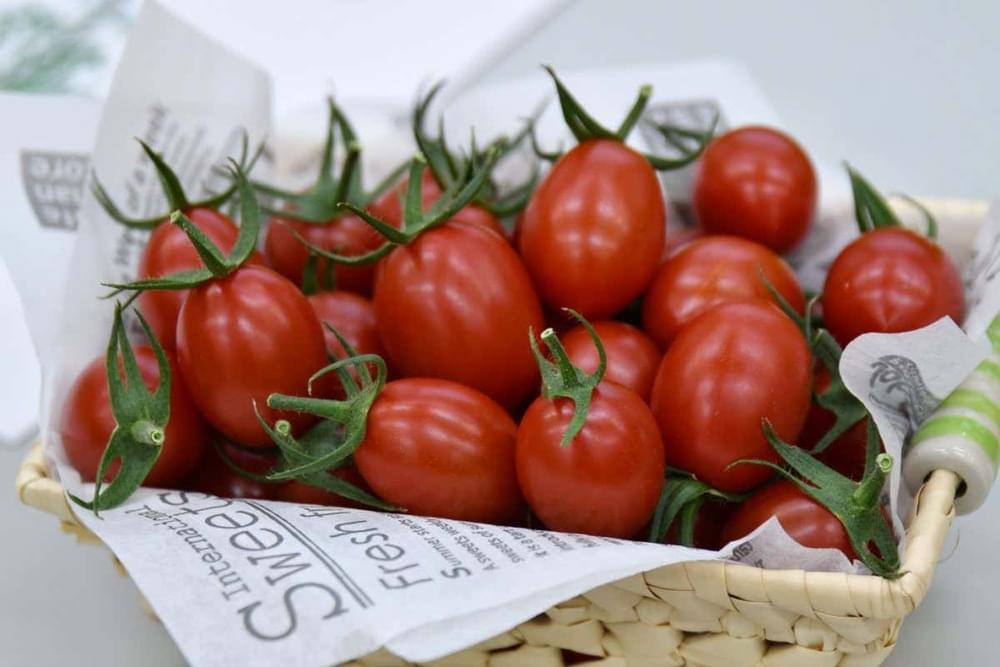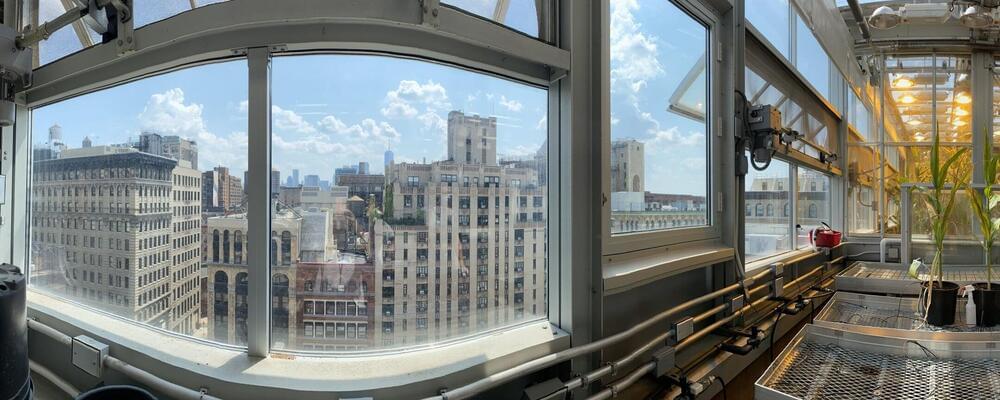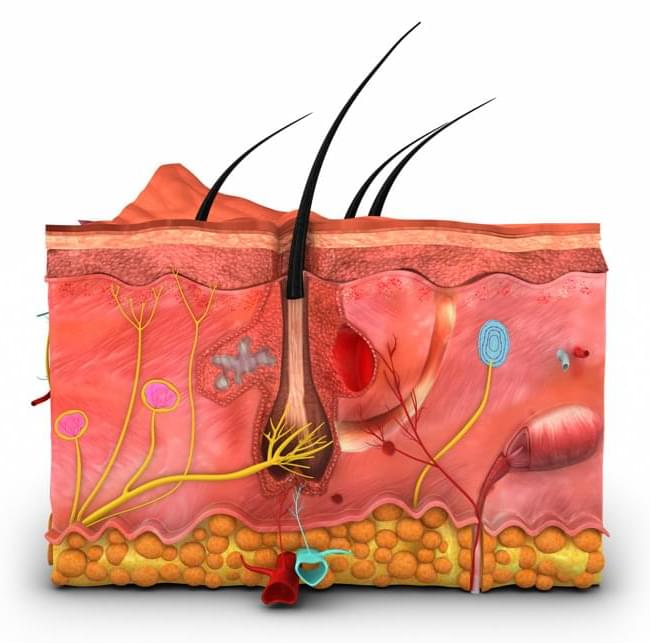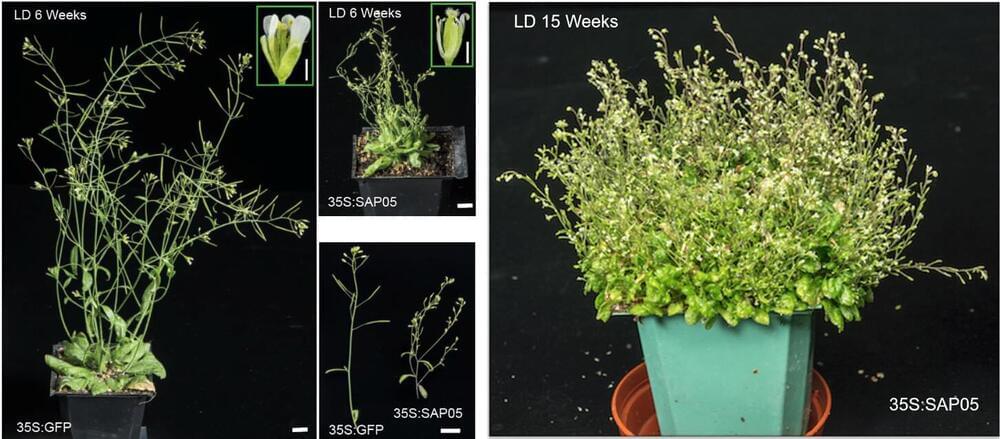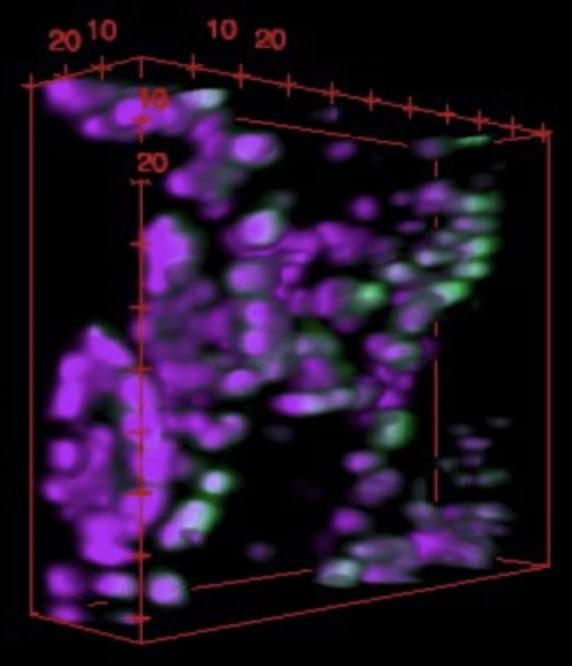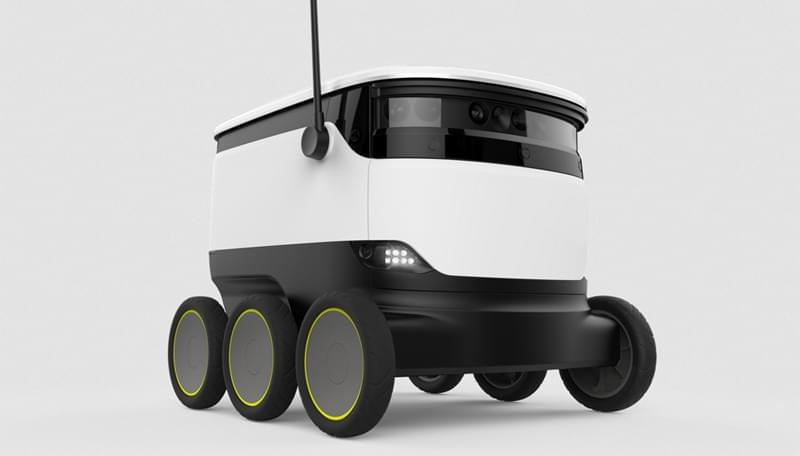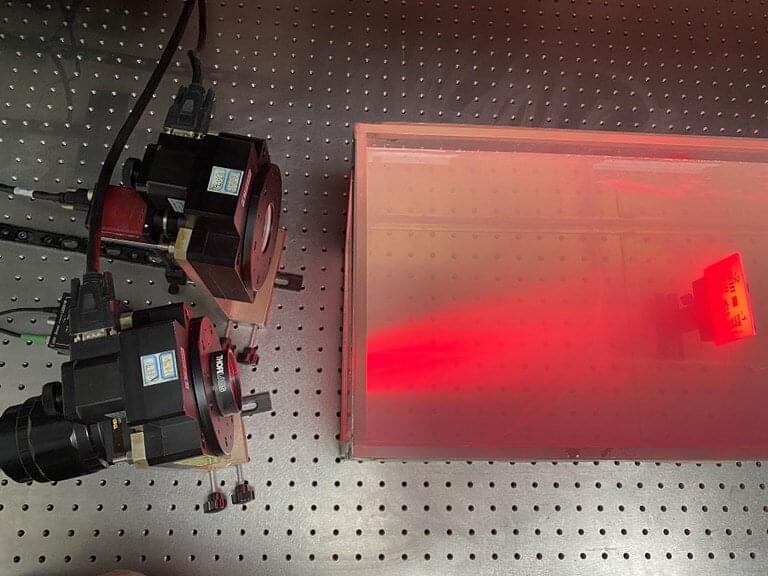Sep 29, 2021
New method makes starch from CO₂ faster than plants can
Posted by Omuterema Akhahenda in categories: chemistry, food, sustainability
Feeding the world uses enormous amounts of land, water, fertilizer, pesticide, and fuel. In a step towards a more sustainable solution, researchers have designed a method to make starches from carbon dioxide more efficiently than plants do (Science 2,021 DOI: 10.1126/science.abh4049).
The new technique, which relies on chemical catalysts and a curated combination of natural and engineered enzymes, converts CO2 to starch 8.5 times as efficiently as corn plants can.
The advance hints at sustainable, efficient factory production of food and industrial chemicals by.
Continue reading “New method makes starch from CO₂ faster than plants can” »
